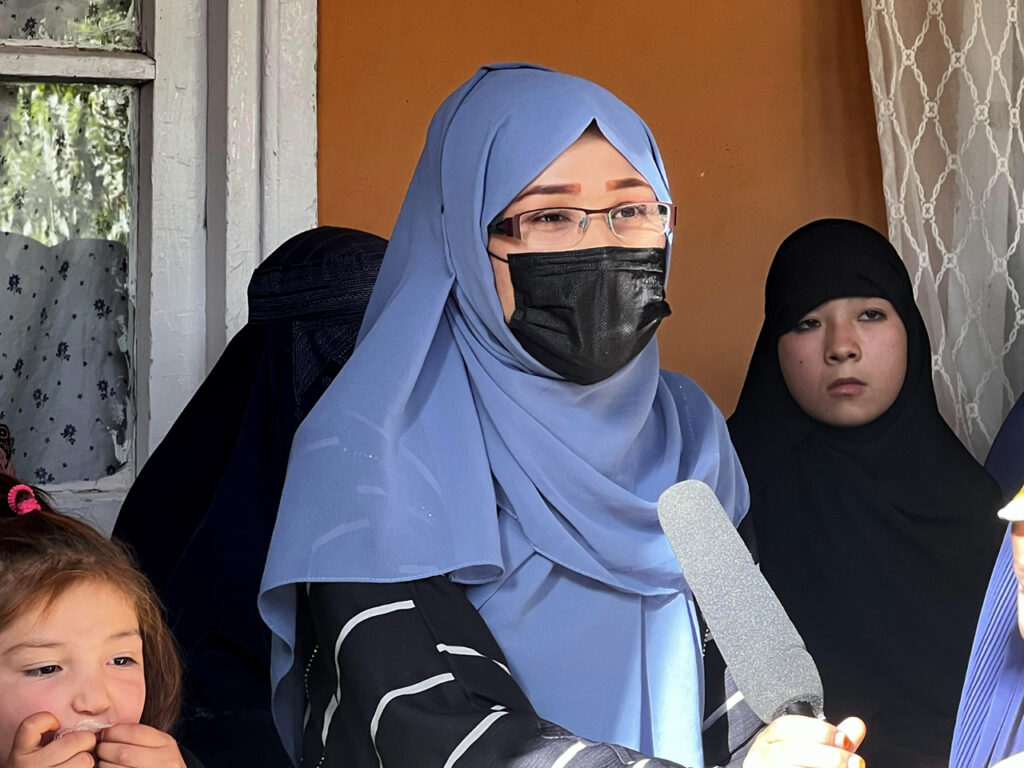In a nation like Afghanistan, where decades of conflict and instability have deeply impacted communities, the role of nonprofit organizations has never been more critical. These organizations are not just providing aid; they are building sustainable systems that empower local communities and contribute to long-term development. Afghanistan nonprofit organizations play a vital role in addressing issues such as poverty, education, healthcare, and gender inequality, helping to create a more hopeful and resilient future.
Challenges Faced by Nonprofit Organizations in Afghanistan
The path for Afghanistan nonprofit organizations is fraught with challenges. Operating in a country that has been plagued by war and political instability can make it difficult for these organizations to effectively reach those who need help the most. Despite these obstacles, many nonprofits are determined to make a difference. From navigating a challenging security environment to dealing with limited resources, these organizations are working tirelessly to bring positive change to local communities.
Focusing on Education: A Key Area for Development
Education is one of the most important sectors where nonprofit organizations in Afghanistan have made significant strides. In a country where literacy rates are low, particularly among women, nonprofit organizations are focusing on creating educational opportunities for both children and adults. Initiatives that provide school supplies, build schools, and offer vocational training are helping to break the cycle of poverty by equipping individuals with the skills they need to succeed in a rapidly changing world.
Health and Wellness: Nonprofits Saving Lives
Afghanistan’s healthcare system has long been under-resourced and overburdened. Nonprofit organizations in Afghanistan have stepped up to fill this gap, providing critical health services, especially in rural and conflict-affected areas. From immunization programs to mental health support, these organizations are dedicated to improving the health and well-being of Afghanistan’s citizens. Their work often includes training local healthcare professionals, setting up mobile health clinics, and providing much-needed medical supplies to those in dire need.
Empowering Women: A Priority for Afghanistan Nonprofit Organizations
Gender inequality is a significant challenge in Afghanistan, where women and girls often face limited opportunities for education, employment, and social participation. However, Afghanistan nonprofit organizations are at the forefront of empowering women. Through initiatives that promote women’s rights, create safe spaces, and provide skills training, these organizations are helping women become more independent, resilient, and able to contribute to their communities. By supporting women’s education, health, and leadership opportunities, nonprofits are helping pave the way for gender equality in Afghanistan.
The Importance of Collaboration and Local Partnerships
One of the key strategies for success among nonprofit organization in Afghanistan is building strong local partnerships. Working closely with local communities and authorities ensures that programs are culturally appropriate and have the greatest impact. Afghanistan nonprofit organizations often collaborate with grassroots groups, international donors, and government bodies to maximize their reach and effectiveness. These partnerships are essential in ensuring that the aid provided is sustainable and addresses the real needs of the people.
Looking Ahead: The Future of Nonprofit Organizations in Afghanistan
As Afghanistan continues to face an uncertain future, the importance of nonprofit organizations in driving change cannot be overstated. These organizations will play a crucial role in rebuilding the country, fostering peace, and promoting development. By continuing to support education, healthcare, and women’s empowerment, Afghanistan nonprofit organizations will help ensure that the country’s most vulnerable populations are not left behind in the pursuit of progress. With more international support and local collaboration, the future looks hopeful for nonprofits working on the ground.
Conclusion
Nonprofit organizations in Afghanistan have shown remarkable resilience in the face of adversity. Their work has made a lasting impact on the lives of many individuals, providing essential services and promoting community development. As these organizations continue to grow and adapt, they remain a beacon of hope for Afghanistan’s future. If you’re looking to learn more about the transformative work being done, visit goh-afg.org to explore how they are contributing to a better Afghanistan.

